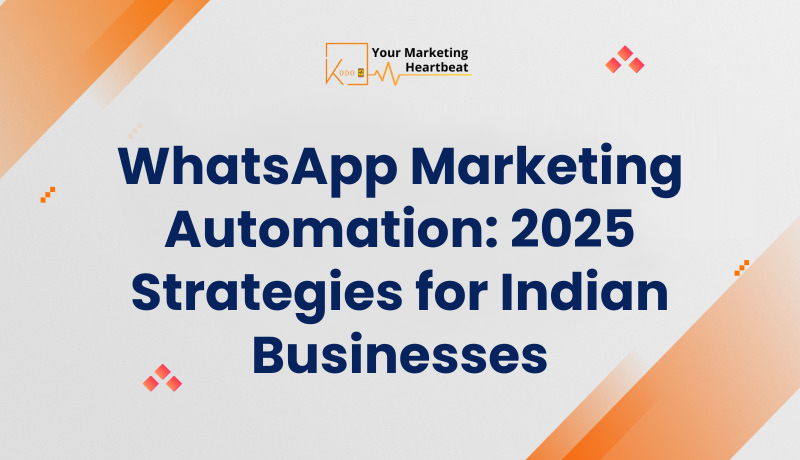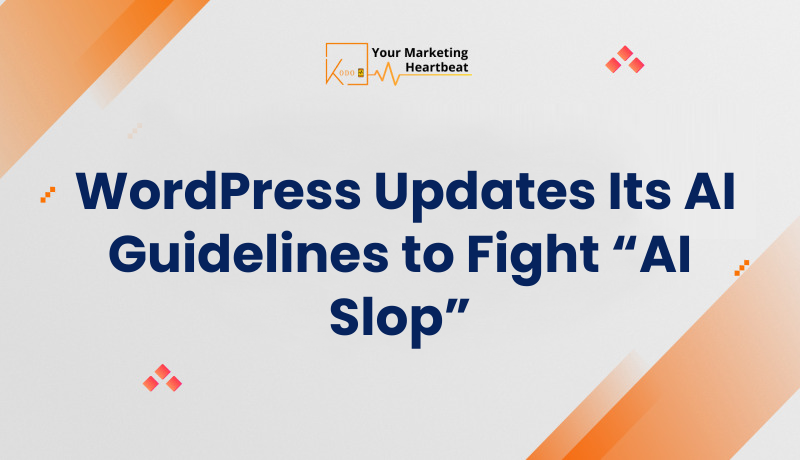
In the rapidly evolving landscape of digital marketing, WhatsApp has emerged as a powerful tool for businesses, particularly in India. With its vast user base and unique features, WhatsApp marketing automation is set to redefine how companies engage with their customers. As we step into 2025, understanding the strategies that can enhance your WhatsApp marketing efforts is crucial for staying competitive. This article will explore effective tactics, tools, and best practices for leveraging WhatsApp to its fullest potential.

WhatsApp is not just a messaging app; it has become an integral part of daily communication for millions of Indians. With over 500 million users in the country, it offers businesses a direct line to their customers. The platform’s popularity is attributed to its user-friendly interface, end-to-end encryption, and the ability to share multimedia content seamlessly.
WhatsApp marketing automation involves using tools and strategies to streamline communication with customers. This can include automated responses, personalized messages, and targeted campaigns. By automating certain aspects of your marketing, you can save time and ensure consistent engagement with your audience.
Segmenting your audience into specific groups allows for more targeted messaging. By creating broadcast lists based on customer preferences, purchase history, or demographics, you can send tailored messages that resonate with each segment.
Implementing chatbot workflows can significantly improve customer interaction. Chatbots can handle common inquiries, provide instant responses, and guide customers through the purchasing process.
Utilizing click-to-WhatsApp ads on social media platforms can drive traffic directly to your WhatsApp chat. This strategy encourages potential customers to engage with your business instantly.
Before sending messages, ensure that you have obtained explicit consent from your customers. This not only builds trust but also complies with data protection regulations.
Personalization is key to effective communication. Use customer names, reference past purchases, and tailor your messages to meet individual needs.
Incorporate images, videos, and voice notes to make your messages more engaging. Rich media can capture attention and convey information more effectively than text alone.
Set up automated responses for common inquiries. This ensures that customers receive timely information, even when your team is unavailable.
Regularly analyze engagement metrics such as open rates, click-through rates, and response times. This data will help you refine your strategies and improve overall performance.
While WhatsApp marketing offers numerous benefits, there are challenges that businesses may face.
With increasing scrutiny on data privacy, businesses must handle customer information responsibly. Ensure compliance with local regulations and be transparent about how customer data is used.
As your customer base grows, managing a high volume of messages can become overwhelming. Implementing chatbots and automated workflows can help alleviate this issue.
While automation is beneficial, it’s essential to maintain a personal touch in your communications. Strive for a balance between automated responses and genuine human interaction.
As we look ahead, several trends are likely to shape WhatsApp marketing in 2025 and beyond.
The integration of advanced AI technologies will enable chatbots to handle more complex inquiries and provide personalized recommendations based on customer behavior.
WhatsApp is increasingly becoming a platform for e-commerce. Businesses will be able to showcase their product catalogs directly within the app, allowing customers to browse and purchase without leaving the chat.
Expect to see more interactive content, such as polls and quizzes, integrated into WhatsApp marketing strategies. This will encourage customer participation and engagement.
WhatsApp marketing automation presents a unique opportunity for Indian businesses to connect with their customers in a meaningful way. By leveraging the platform’s features and implementing effective strategies, companies can enhance customer engagement, drive sales, and build lasting relationships. As we move into 2025, embracing these strategies will be crucial for businesses looking to thrive in the digital landscape.
By adopting these strategies, businesses can unlock the full potential of WhatsApp marketing and position themselves for success in the coming years.



April 23, 2024